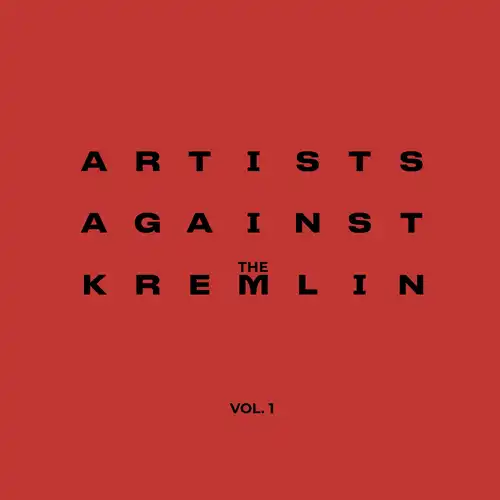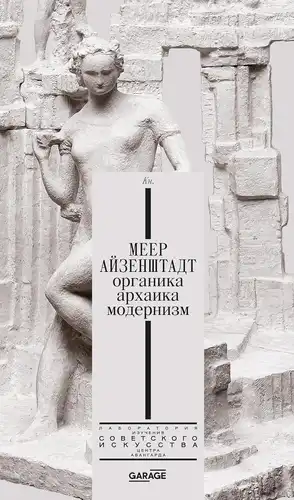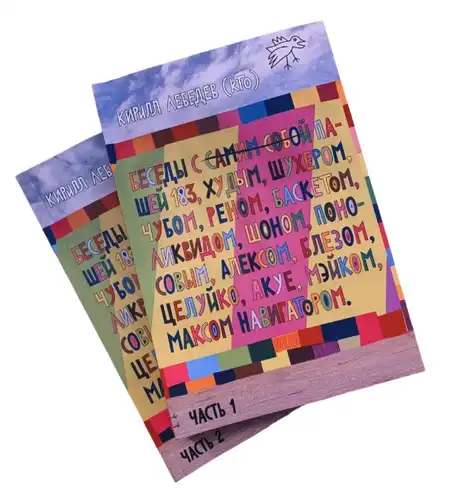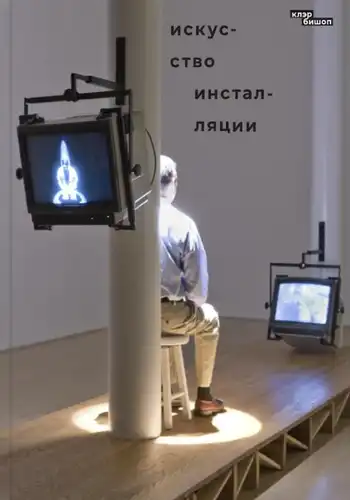€ 19.00
Open Systems. Experiments in Artistic Self-Organization in Russia. 2000-2020
Открытые системы. Опыты художественной самоорганизации в России. 2000-2020
The publication presents 101 Russian artistic self-organizations — from Kaliningrad to Vladivostok.
The book “Open Systems. Experiments in Artistic Self-Organization in Russia. 2000–2020” is the result of a long-term research project initiated by the scientific department of the Garage Museum in 2015. The project began with the desire to replenish the Museum’s archive with relevant and rapidly disappearing evidence of the artistic process of the 2000–2010s. The focus was on self-organizations — associations of artists and curators who independently implement their artistic ideas.
Exhibition “Open Systems. Experiments in Artistic Self-Organization in Russia. 2000–2015”, which took place at the Museum in 2015, presented the collected materials and served as the beginning of the project team’s journey across Russian cities with the aim of studying self-organizations in more depth, collecting additional documents, and holding exhibitions representing the non-institutional art environment.
After three years of fieldwork and exhibitions in eight Russian cities, it was decided to stop and analyze what had been done: the heroes of the book were 101 initiatives from all over the country. The publication contains questionnaire information about self-organizations, photographs, and statements by participants in these associations in order to provide, as far as possible, an idea of the diversity of voices in contemporary Russian art.
The initiatives are grouped by the cities in which they are located, and within these sections, in the order in which they emerged.
The book also includes articles that examine self-organizations from different angles: an introduction by Sasha Obukhova, the initiator of the project; a description of the methodology used by Antonina Trubitsyna, the editor and compiler of the publication; theoretical reflections on the nature of self-organization by artist Ruslan Polanin; a sociological view of them by researcher Margarita Kuleva and reflections by curator Elena Ishchenko on the topic of self-exploitation. The publication is equipped with a reference tool, a name index and a system of keywords. Detailed information on each initiative (chronicle of events and documentation of projects) is available in the electronic catalog of the Network of Archives of Russian Art.
Similar books
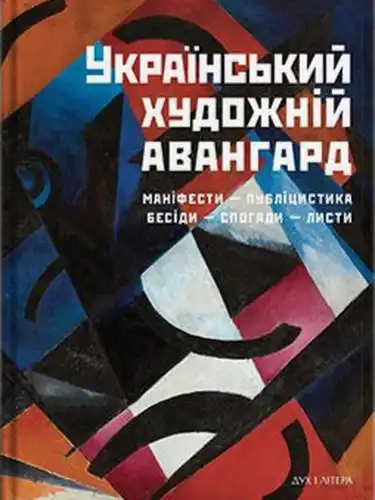
Ukrainian artistic avant-garde: Manifestos, journalism, conversations, memoirs, letters
Український художній авангард: Маніфести, публіцистика, бесіди, спогади, листи
€ 24.00
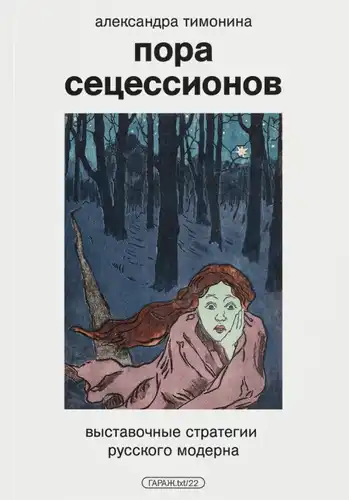
The Time of Secessions: Exhibition Strategies of Russian Art Nouveau
Пора сецессионов: выставочные стратегии русского модерна
€ 15.00
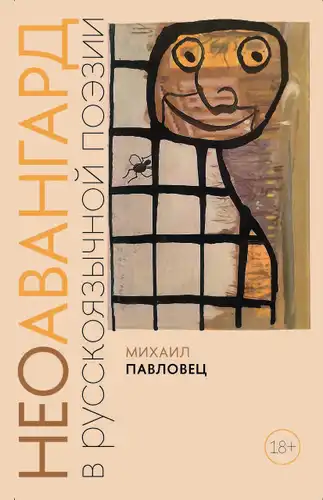
Neo-avant-garde in Russian-language poetry: the second half of the 20th - early 21st century
Неоавангард в русскоязычной поэзии: вторая половина XX — начало XXI века
€ 30.00
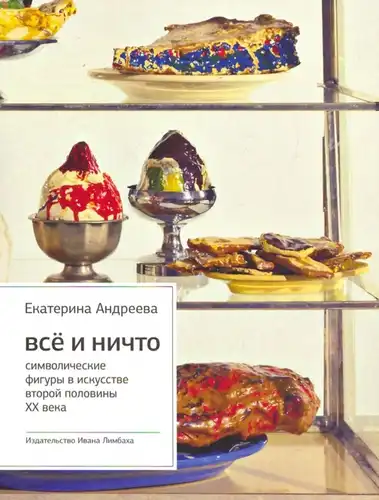
Everything and Nothing: Symbolic Figures in Art of the Second Half of the 20th Century
Всё и Ничто: Символические фигуры в искусстве второй половины XX века
€ 22.00

